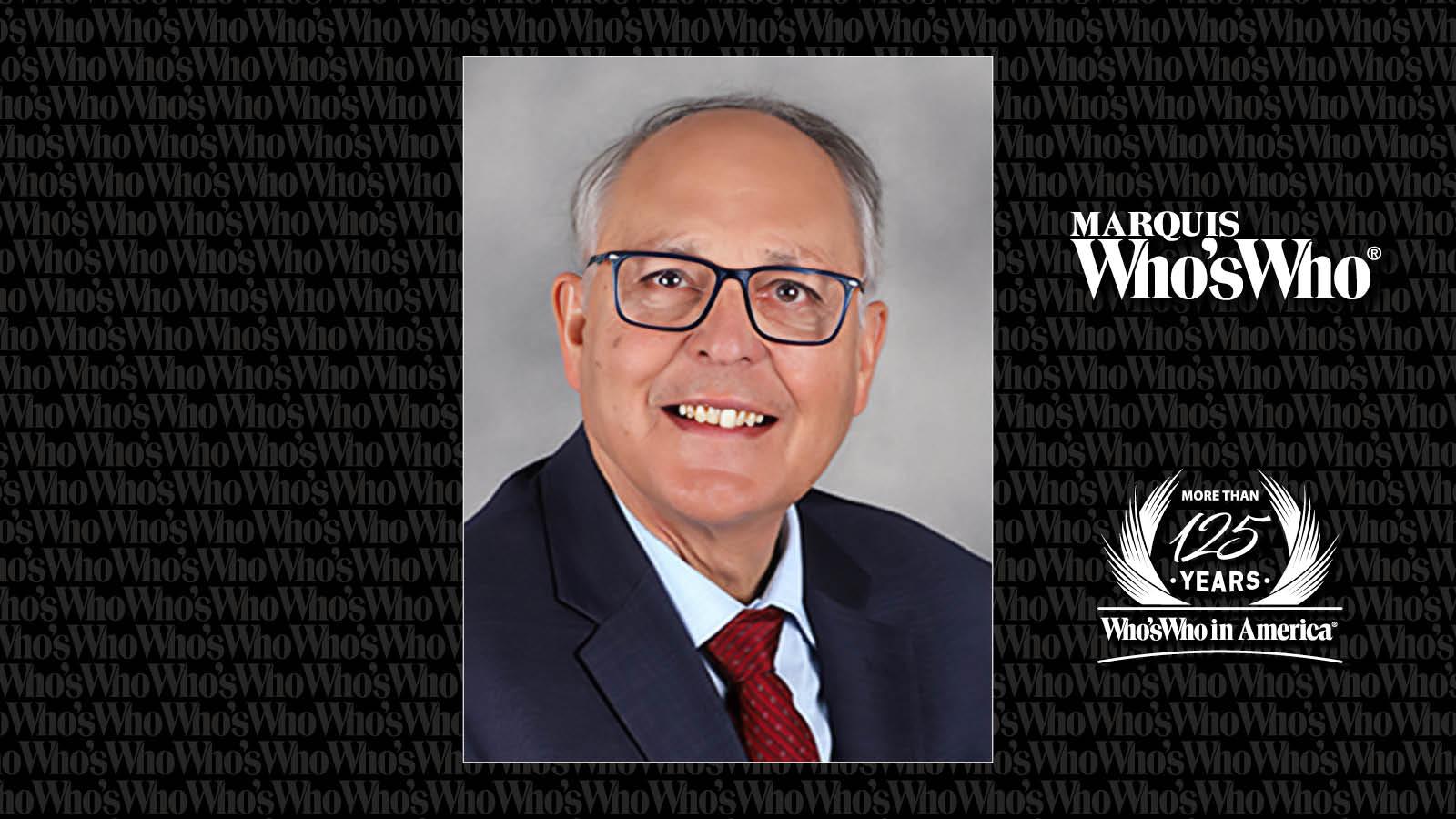UNIONDALE, NY / ACCESS Newswire / April 9, 2025 / Proud to have contributed to technological advancements in neonatology, Dr. Paul Delbert Winchester has earned acclaim in his chosen field, which spans over 40 years in the health care sector. In treating infants whose lives are at risk due to premature birth or congenital disability, Dr. Winchester's expertise and dedication have made him a respected figure in his field.

Educational Foundation and Early Career
Dr. Winchester received a bachelor's degree from Stanford University and a master's in experimental psychology from the University of Michigan. Looking to expand his understanding of the biology of the human mind, he earned an MD at the University of Colorado School of Medicine in 1976.
Choosing an internship and residency in pediatrics, Dr. Winchester continued his formal training and completed a fellowship in the new specialty of neonatology, which was an emerging specialty made possible by innovations in artificial respiratory support.
Development of High-Frequency Ventilation System
Dr. Winchester was a fellow when he first discovered that hand-bagging at higher rates and pressures than ventilators could maintain failing babies longer. He thought there was a need to find another way to ventilate the sickest babies. He would have to wait until his first job in Colorado Springs, where he became the only neonatologist outside of Denver in the State of Colorado, where he began working to improve the outcomes of NICU babies.
Dr. Winchester's findings that higher rate/pressure hand-bagging could stabilize babies longer led to the development of a high-frequency ventilator system that augmented conventional airflow, which provided 360 breaths per minute with lower volumes, defying current medical textbooks. His system was later shared and incorporated into FDA-approved machines.
Contrary to the established cutoff, Dr. Winchester also discovered that prenatal steroids could be administered to mothers before 28 weeks of gestation. In cases where mothers received two doses of steroids, survival rates of preterm infants doubled, and brain hemorrhages were reduced by half. While his findings were initially rejected, they eventually became national standards.
Impact on Neonatal Care in Colorado Springs
Despite resistance from university centers to expanding level III Neonatal units, Dr. Winchester recognized the potential for other cities to benefit from a similar approach. In collaboration with Bel Bonfils Nursing School, he developed a neonatal nurse practitioner program, which is still in use today and has become a model for neonatal care centers.
Advancing Understanding of Epigenetics
Further research revealed that many risk factors for preterm birth were hereditary, a theory previously unsupported by geneticists. Collaborating with the Minnesota Twin Study group, Dr. Winchester demonstrated that preterm birth risk could be partly inherited. His team later linked prenatal pesticide exposure, particularly during peak pesticide months, to shorter pregnancies and lower birth weights.
Gratified to have played an instrumental role in such developments, Dr. Winchester notes that "we have seen a steady increase [of positive] improvements and outcomes. That's what professionals in neonatology focus on."
Leadership Roles in Neonatal Care
Dr. Winchester's career in health care spans several decades, during which time he directed NICUs in Colorado, Kansas City, New Hampshire and Indianapolis. He is a clinical professor at Indiana University School of Medicine and an attending neonatologist at St. Francis Hospital. He provides care to infants in the neonatal intensive care unit, assists in high-risk deliveries and contributes to follow-up pediatric care. His ongoing research aims to uncover factors that could lead to healthier pregnancies and better outcomes for babies.
Personal Inspirations and Reflections
Dr. Winchester credits his creativity to his parents' support, who encouraged his talents. He believes every disease has an origin, often traceable to a specific event or exposure. His ability to identify connections and challenge conventional thinking has led to his leading work in neonatology.
Additionally, Dr. Winchester owes much of his success to his personal experience as a husband and father, as his wife and children "taught me to be a more loving and nurturing person."
Having already done much to forge a better path for his field, Dr. Winchester continues to search for ways to take neonatology to new heights; "What we are doing is wonderful, but we can do better."
About Marquis Who's Who
Since 1899, when A. N. Marquis printed the First Edition of Who's Who in America®, Marquis Who's Who® has chronicled the lives of the most accomplished individuals and innovators from every significant field of endeavor, including politics, business, medicine, law, education, art, religion and entertainment. Who's Who in America® remains an essential biographical source for thousands of researchers, journalists, librarians and executive search firms around the world. The suite of Marquis® publications can be viewed at the official Marquis Who's Who® website, www.marquiswhoswho.com.
Marquis Who's Who
Uniondale, NY
(844) 394 - 6946
info@marquiswhoswho.com
www.marquiswhoswho.com
SOURCE: Marquis Who's Who
View the original press release on ACCESS Newswire

















